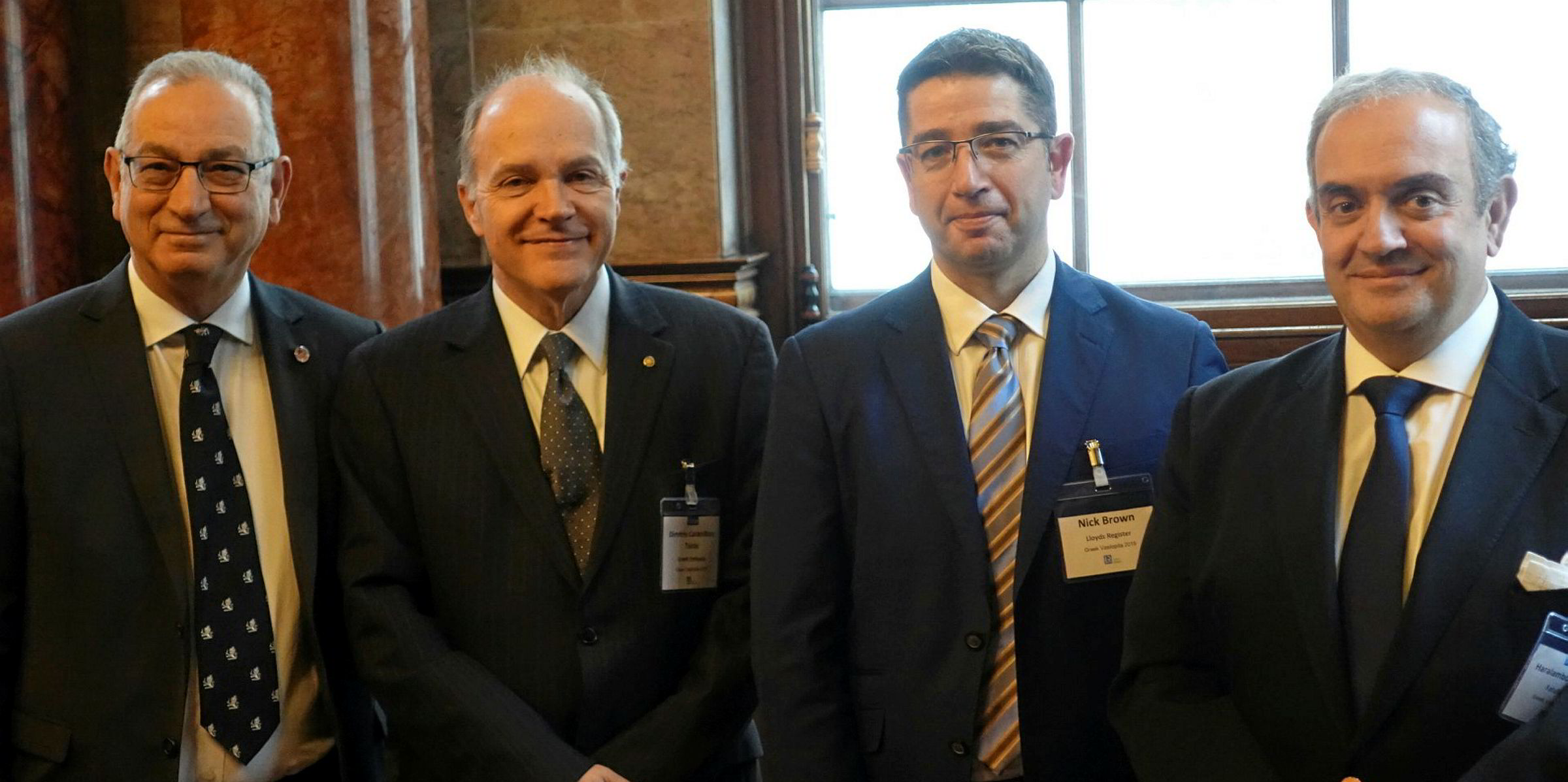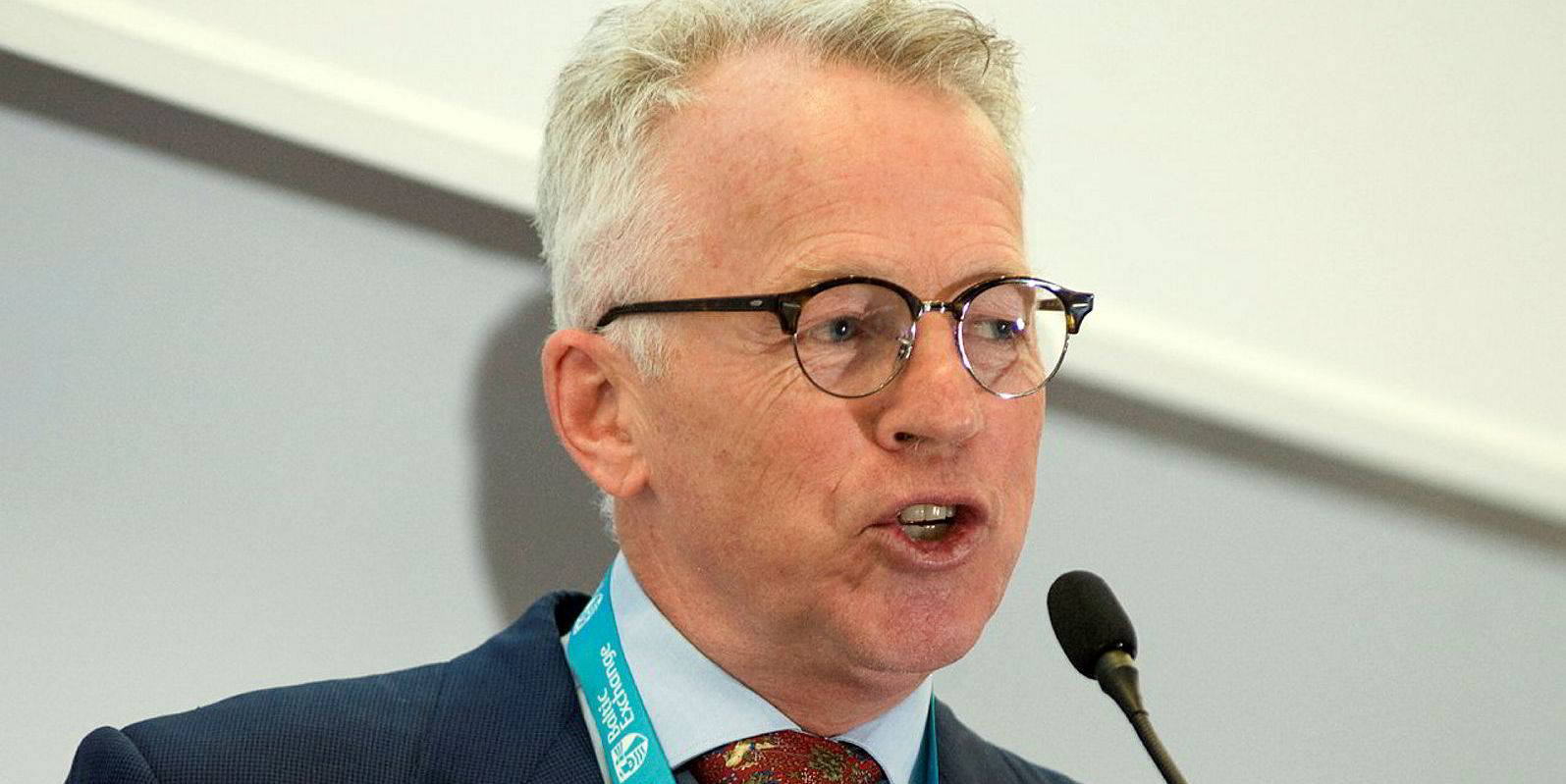Quality tests on new low sulphur fuels intended to be compliant with the IMO’s new 2020 rules have shown consistent standards, Lloyd’s Register said today.
The classification society said it was especially interested to see consistency in the make-up of new blends of ‘direct run’ fuels from refiners.
Concern has been voiced in recent months that the switch to new fuel blends would bring fresh risks for ship owners and operators if quality standards were not consistent.
“Things are looking very positive,” said Nick Brown, director of marine and offshore at Lloyd’s Register.
“We think there is reason to be optimistic about the quality of these fuels.
“The new direct run types have shown particularly high consistency,” he added.
Contaminated bunkers have caused problems for ship owners in regions as far apart as Singapore and the US Gulf last year, with a number of legal claims being pursued for damages.
Compliance with the new IMO 2020 fuel rules will be a central challenge for ship operators over the next 12 months, as they prepare to comply with a cut in the permitted level of sulphur in bunker fuel from 3.5% to 0.5% at the end of this year.
Not only will they need to open new fuel supply contracts, ships will need fuel tanks to be cleaned, and crews trained.
Retrofitting with scrubbers to enable vessels to burn conventional high sulphur fuel will demand its own planning and training demands.
“We see the biggest challenge facing shipowners in the months ahead is the question of familiarisation and training of crews and other staff to handle the new fuel blends, equipment and processes,” said Brown.
He was speaking in the historic committee room of Lloyd’s Register’s London headquarters during its annual ‘vasilopita’ traditional Greek New Year cake cutting ceremony, attended by several leading members of the London Greek shipping community.
Brown said that after “some difficult years” for the classification society, 2018 had seen it strengthen along with the market. It added around 25m gt to its classed fleet, and now has 23% of all vessels on order.
“And I think things must be picking up,” he jokingly added. “For the first time in many years we have put two lucky coins in the cake” rather than one.






